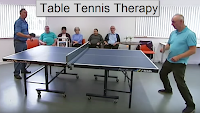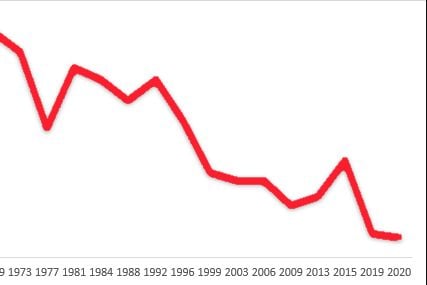GENETIC PROGRESS:
Apoe4 genes increase Alzheimer’s risk by 10 times. UT Southwestern researchers succeeded in neutralizing important gene effects. The breakthrough opens doors to developing a pill to lower risk in 50% to 80% of gene carriers.
DALLAS – UT Southwestern researchers have succeeded in neutralizing what they believe is a primary factor in late-onset Alzheimer’s disease, opening the door to development of a drug that could be administered before age 40, and taken for life, to potentially lower risk of the disease in 50 to 80 percent of at-risk adults.
Apolipoprotein E (ApoE) is a protein that carries fatty substances called lipids and cholesterol around the brain and plays an important role in repair mechanisms. There are three major forms of ApoE (i.e., ApoE2, ApoE3, and ApoE4); individuals who carry ApoE4 are up to 10 times more likely to develop Alzheimer’s than those with ApoE2 and ApoE3 forms. ApoE4 promotes accumulation of the b-amyloid protein that causes the characteristic plaques seen in the brains of Alzheimer’s patients.
Prevent Alzheimer’s from Manifesting
UT Southwestern molecular biologist and Alzheimer’s expert Dr. Joachim Herz, lead author of the study, which was published in the November issue of eLife, said the goal of his team is to prevent the disease from ever manifesting. Late-onset Alzheimer’s generally is diagnosed about age 65 and is the most common cause of dementia in the elderly. “If we can negate the ApoE4 process early, we may be able to prevent late-onset Alzheimer’s altogether for many people so that they will never get sick,” Dr. Herz said.
ApoE4 has been shown to suppress and trap synaptic receptors within intracellular vesicles. However, how the ApoE4 gets trapped has remained a mystery until now.
According to Dr. Herz, ApoE4 is the root cause of a “traffic jam” inside the cells that take up ApoE4 and this is associated with reduced recycling of intracellular endosomal transport vesicles. UTSW researchers found that lowering the pH of these endosomes, i.e., by making them more acidic, cleared the traffic jam: The scientists were able to completely reverse the ApoE4-induced recycling block in mice through pharmacological and genetic inhibition of the NHE6 protein, which acts to make the endosomal vesicles less acidic.
Clearing the Brain’s “Traffic Jam”
These findings suggest a novel potential therapeutic approach for the prevention of late-onset Alzheimer’s disease, Dr. Herz said. The vesicle traffic jam due to the selective loss of solubility of ApoE4 likely is the earliest mechanism at which the protein negatively affects nerve cells, Dr. Herz said.
Most Alzheimer’s research has focused on halting the formation of amyloid and tau protein aggregates once they exist in the brain and degeneration has already begun. “Our approach in this study was to stop the overall degeneration process earlier; that is, before the formation of these aggregates,” Dr. Herz said.
Inexpensive Pill
The next step is to develop tailor-made, small molecule inhibitors that can enter the brain efficiently and selectively block NHE6, he added.
“The beauty of NHE inhibitors is that these are small molecules that can be produced inexpensively and thus made widely available, in contrast to the more elaborate antibody-based therapies that are currently being evaluated in clinical trials. A simple pill could someday neutralize the risk of late-onset Alzheimer’s disease just as readily available statins are able to reduce the risk of cardiovascular disease,” Dr. Herz said.
-
UT Southwestern Medical Center
UT Southwestern, one of the premier academic medical centers in the nation, integrates pioneering biomedical research with exceptional clinical care and education. The institution’s faculty has received six Nobel Prizes, and includes 22 members of the National Academy of Sciences, 17 members of the National Academy of Medicine, and 15 Howard Hughes Medical Institute Investigators. The faculty of more than 2,700 is responsible for groundbreaking medical advances and is committed to translating science-driven research quickly to new clinical treatments. UT Southwestern physicians provide care in about 80 specialties to more than 105,000 hospitalized patients, nearly 370,000 emergency room cases, and oversee approximately 2.4 million outpatient visits a year.











I would also like to volunteer. I have been tested and advised that I have two copies of APOE-4
My father and his sister who were 10 years apart in age, died on the same day, both had Alzheimers. Our family donated their brains to KU Medical Center for research.
How can a person with APOE4 gene volunteer for this study?